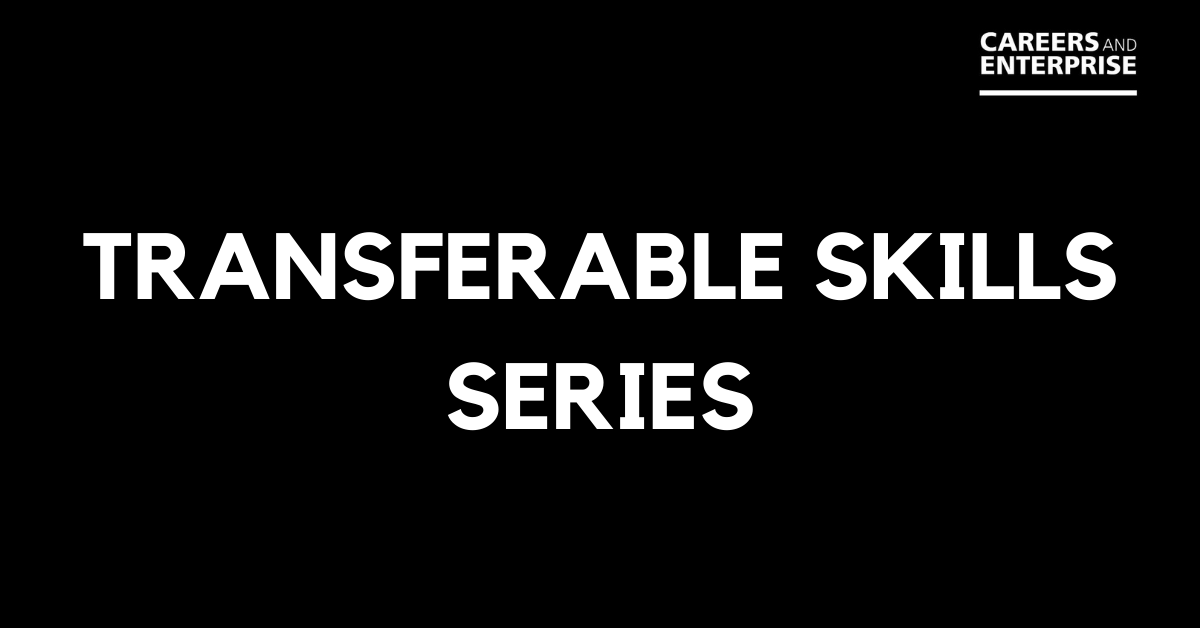It’s one of those buzz words you see on the person specification ‘good communication’ – but what does it mean, and how can you prove it?
People often think that good communication skills means speaking well – talking confidently and professionally, and perhaps having a good telephone manner. Whilst that’s true, and a part of good communication is speaking, there’s a huge chunk that people forget. Let’s start with the big one: listening.
So often we spend most of the time someone is speaking, formulating our response. We also spend a good proportion of that response talking about ourselves. Don’t worry – this isn’t a guilt trip. It’s human nature to try to understand situations/ words through our own vision of the world, and often talking can be a way of processing that, but we need to understand when a little of that external processing is ok, and when it’s a bit much.
WAIT. It’s an acronym that I’ve found really helpful on a number of occasions – Why Am I Telling? It’s the gatekeeper question to stop you over-sharing. Am I telling this person this thing/ story/ information because it’s inspiring/ interesting/ helpful to THEM? If not, consider if it’s right/ necessary to share it.
The reality is, we communicate to build connections, to grow relationships – and that may also include some sharing, so on the other end of the scale, don’t leave yourself at the door. You have a personality – a life, and it’s ok (great in fact) to let others in on a bit of that so they can get to know you. I appreciate it ends up being a balancing act.
What does this mean for the workplace? Well, in whatever form (talking and listening, writing and reading) I’d say its pretty impossible to get or hold a job without communication of some kind, so it’s a nut you’re going to have to crack. It’s great to practice it, to notice how you communicate, and to try using it in a more professional way.
Let’s talk about professional communication for a moment. That doesn’t always mean crazy formal, but it does mean avoiding text-language abbreviations, using professional email etiquette, networking skills etc. It’s important to differentiate professional communication as being distinctive and deliberate in comparison to chatting to friends. That doesn’t mean it can’t be informal sometimes, but that needs to be a deliberate tone for specific businesses and roles, rather than an accidental laziness with communication.
How can you practice your communication skills? Well, you probably do every day – just keep noticing your language, style, and your engagement with the listening elements of communication.
If you want some more opportunities to practice great listening and communication, and a way of proving it on your CV – think about a part time job in retail or hospitality. Or consider volunteering – telephone befriending services are brilliant, and give something wonderful back to the community too.
So…
Listen (really listen!).
Speak (gently and professionally).
Notice (what you’re saying, your tone, volume, and how people react/receive you)
Appreciate. Communication is a fine art – appreciate how in whatever form you communicate, it’s powerful and precious… and practice makes perfect, and helps build community and friendships too!
If you need any further help, you can email the Careers and Enterprise Team at careers@canterbury.ac.uk
Want to find out more about jobs that suit your skills?
- Go on to the Careers & Enterprise Hub, and under ‘Resources’ click on ‘Labour Market Information’. There, you can ‘explore by skills’ – just click on at least 3 skills, and it’ll show you job roles that match!
- If you click on the job role, it’ll give you more information about average salary, what the role entails etc.
 Careers and Enterprise Blog
Careers and Enterprise Blog Susannah Gilbert
Susannah Gilbert 880
880


